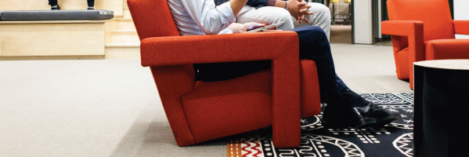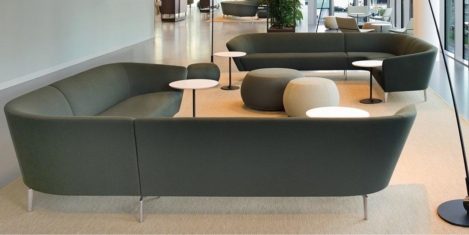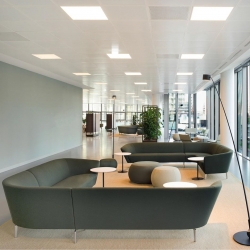March 3, 2022
The nature of work has changed permanently for many people, new report claims
 The pandemic has changed the nature of work, which offers opportunities for organisations to adopt more considerate and efficient work practices as offices reopen. The latest study to come to this conclusion has been published by the University of Southampton and funded by the Economic & Social Research Council (ESRC). The research considered the longer-term implications of working from home and which new working practices should remain and be encouraged. Its findings offer lessons from lockdown that will guide organisations as they seek to make hybrid working a success. (more…)
The pandemic has changed the nature of work, which offers opportunities for organisations to adopt more considerate and efficient work practices as offices reopen. The latest study to come to this conclusion has been published by the University of Southampton and funded by the Economic & Social Research Council (ESRC). The research considered the longer-term implications of working from home and which new working practices should remain and be encouraged. Its findings offer lessons from lockdown that will guide organisations as they seek to make hybrid working a success. (more…)



















 Although the term ‘metaverse’ was coined in 1992 by science fiction novelist Neal Stephenson, it has only just entered the mainstream lexicon after
Although the term ‘metaverse’ was coined in 1992 by science fiction novelist Neal Stephenson, it has only just entered the mainstream lexicon after 













March 3, 2022
What really happens when we start using offices again?
by Henry Stainton • Comment, Flexible working, Property